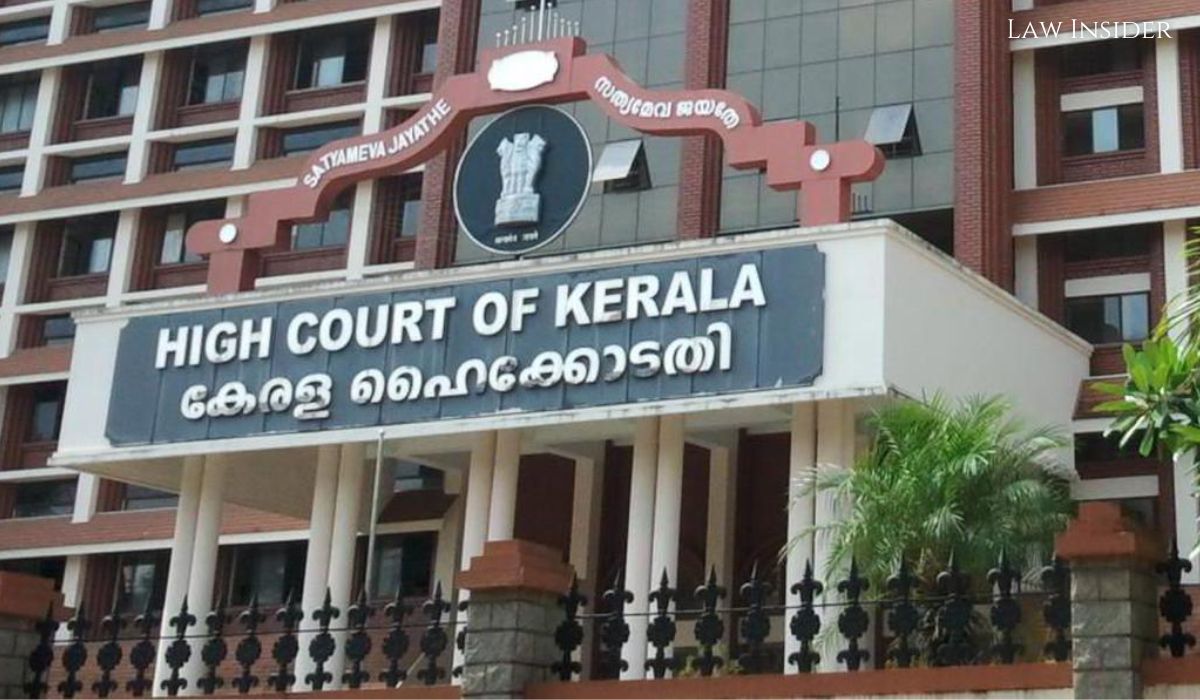LI Network
Published on: December 12, 2023 at 12:12 IST
The Kerala High Court emphasized that the delayed issuance of a certified copy of a court order should not be grounds for penalizing parties who have committed no wrongdoing.
The case in question involved a Family Court order for maintenance under Section 125 of the CrPC, dating back to April 19, 2005. While the application for a certified copy was filed on June 26, 2007, the copy was only issued on December 1, 2008.
Recognizing the Family Court’s unexplained delay, the High Court asserted that such delays should not prejudice parties seeking to file execution applications for arrears of maintenance, a process that must occur within one year of the due date.
Referring to the legal maxim “actus curiae neminem gravabit,” Justice C S Dias highlighted that mistakes made by the court should not harm litigants, citing the precedent of Jang Singh vs Brijlal and others (1966).
The court stated, “It needs no second thought to understand that there was laches on the part of the Family Court in belatedly issuing the certified copy. But, that cannot be a reason to penalise the revision petitioners, who have done no wrong. The revision petitioners are entitled to the entire arrears of maintenance claimed in Annexure A2 application.”
The revision petitioners, who were the wife and daughter seeking arrears of maintenance from the respondent-husband, challenged the Family Court’s order, which granted arrears only from June 26, 2007, denying the period from the date of filing the petition (April 19, 2005, to June 20, 2007).
To investigate the delay, the High Court sought a report from the Family Court but found the reasons inconclusive. Despite the application for a certified copy being filed on June 26, 2007, and issued on December 1, 2008, the court noted that the execution application was filed on August 3, 2009, well within the one-year timeframe from the certified copy issuance.
The court set aside the impugned order, clarifying that Section 125(3) only imposes a one-year limitation for warrant issuance and does not prohibit parties from filing execution applications. Additionally, it directed the respondent to pay arrears of maintenance from the date of filing the petition (April 19, 2005, to June 20, 2007), as the Family Court had not provided reasons for denying this period.
The case was titled “Sajani V Sabu,”

